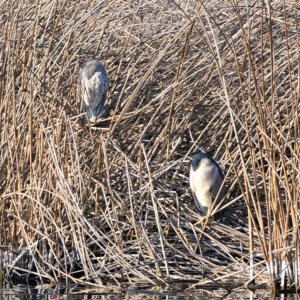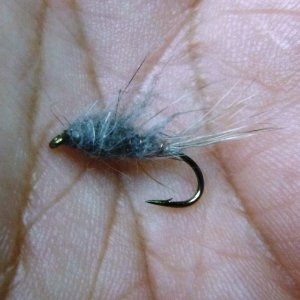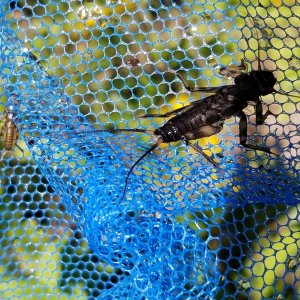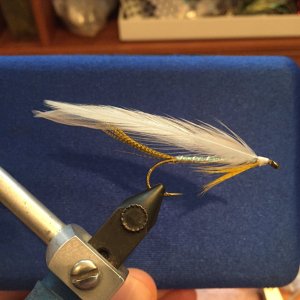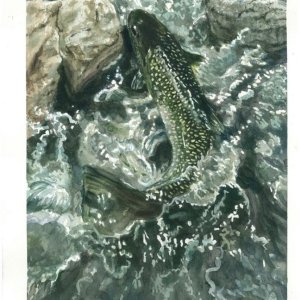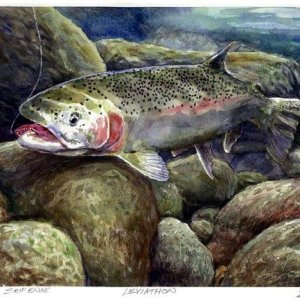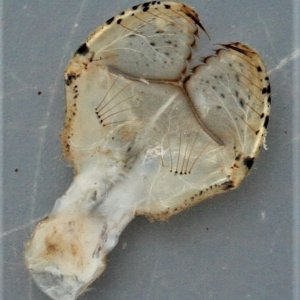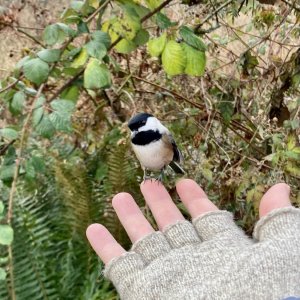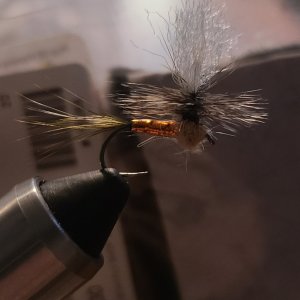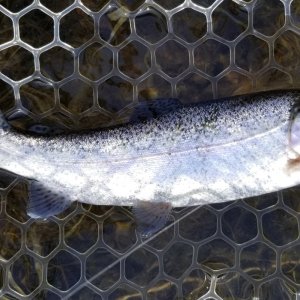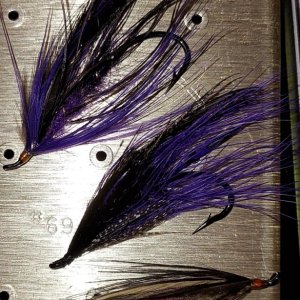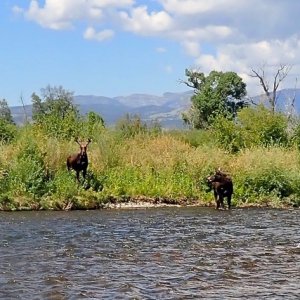(I posted this in Mumbles' "new to fly fishing" thread, but thought it could be its own discussion too.
A question I get asked a lot: "I have this particular rod. What's the best fly line for it?"
I always struggle with the response, because this is a flawed question. As a flawed person, often my response isn't ideal. But you're ok to ask it, because you likely don't know enough at this point to know the right question to ask.
The rod honestly matters very little in this question. The rod size matters, but what rod brand and model is borderline irrelevant.
Often I will come back with this question: "Do you want the best CASTING line for the rod? or the best FISHING line?" Personally, I'm laser focused on the latter.
My advice to folks choosing a fly line: Pick a line that is the right line for the type of fishing you are doing, then get the appropriate size for the rod you have.
(this is all in regards to standard single-hand rods)
All purpose line - Great for beginners who won't benefit from a specialized line quite yet. Can typically turn over most average size flies just fine with average rear taper for line control and average casting ranges.
Nymphing/Streamer lines - These are often the same line in a different box. Though some streamer models will have a shorter rear taper. Both often feature aggressive front tapers to help turn over heavy payloads. The long rear taper helps with line control on long drifts.
Dry Fly/Light Presentation - These will have a long front taper to a light tip section for gently rolling out and landing your dry fly with minimal crash that can spook fish. They can't turn over much weight, but they're excellent at their one job.
If you're a beginner in the PNW, these three types should get you by until you get some experience and know enough to know what specialty line you need to step up your game. There's a lot more styles, but even the more specialized ones will often fall within these categories. As with most things, your local fly shop will be an invaluable resource to get you dialed.
A question I get asked a lot: "I have this particular rod. What's the best fly line for it?"
I always struggle with the response, because this is a flawed question. As a flawed person, often my response isn't ideal. But you're ok to ask it, because you likely don't know enough at this point to know the right question to ask.
The rod honestly matters very little in this question. The rod size matters, but what rod brand and model is borderline irrelevant.
Often I will come back with this question: "Do you want the best CASTING line for the rod? or the best FISHING line?" Personally, I'm laser focused on the latter.
My advice to folks choosing a fly line: Pick a line that is the right line for the type of fishing you are doing, then get the appropriate size for the rod you have.
(this is all in regards to standard single-hand rods)
All purpose line - Great for beginners who won't benefit from a specialized line quite yet. Can typically turn over most average size flies just fine with average rear taper for line control and average casting ranges.
Nymphing/Streamer lines - These are often the same line in a different box. Though some streamer models will have a shorter rear taper. Both often feature aggressive front tapers to help turn over heavy payloads. The long rear taper helps with line control on long drifts.
Dry Fly/Light Presentation - These will have a long front taper to a light tip section for gently rolling out and landing your dry fly with minimal crash that can spook fish. They can't turn over much weight, but they're excellent at their one job.
If you're a beginner in the PNW, these three types should get you by until you get some experience and know enough to know what specialty line you need to step up your game. There's a lot more styles, but even the more specialized ones will often fall within these categories. As with most things, your local fly shop will be an invaluable resource to get you dialed.

